Anne Brontë - Tenant of Wildfell Hall (Original 1848 Edition)
Anne Brontë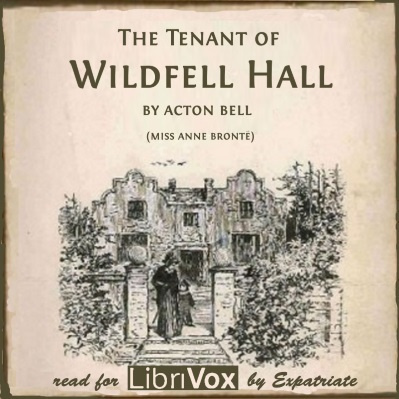
100%
Speed
Literary Fiction
867
Summary
When Helen Graham moves into old Wildfell Hall with her little son Arthur, the rustic neighborhood comes alive with gossip and speculation, particularly when saturnine Mr. Lawrence (who bears an uncanny resemblance to the child) begins to visit her clandestinely. Local gentleman farmer Gilbert Markham falls in love with her almost against his will, despite rumors that she supports herself by the work of her hands and can give no account of her origins. Only when her diary comes into Markham’s hands do we find out why she has so exiled herself. As the chapters of the diary unfold, explicit scenes of adultery, seduction, and debauchery show why the novel was so shocking when it was first published, easily outselling the more famous debut novels of the three Brontë sisters. Often called the first “feminist” novel, “Wildfell Hall” may have been most shocking for its depiction of a strong-willed, independent single mother, for its criticism of the marriage institution, and for its many passages crying out against the unfair advantages accorded to men over women.
Importantly, this recording is based on the original 1848 Newby edition, not on the later, badly-mutilated version that mystifyingly continues to be the basis for modern editions advertised as “unabridged.” The novel had already been suppressed after Anne’s death by her sister Charlotte but received an even more serious injustice in 1854 when publisher Thomas Hodgson excised over sixteen thousand words, dozens of “unladylike” profanities, and numerous descriptions of dissolute male behavior, turning the Hodgson edition into a pale shadow of Anne Brontë’s original, visceral work as here presented. — Summary by Expatriate
More from Anne Brontë
Authorization
By logging in, you agree to the terms and conditions.
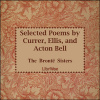

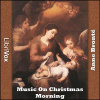
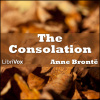
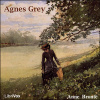
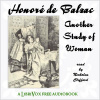
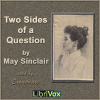
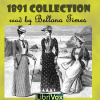
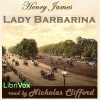
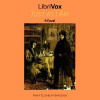







No comments